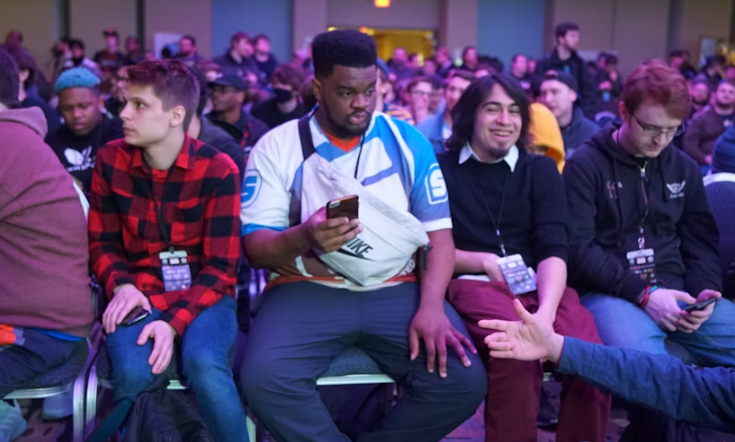Online Gaming Events That Changed Esports Forever

people-sitting-on-chairs-inside-building-Stem List-https://unsplash.com/
What makes these online events truly transformative isn’t just technology — it’s the humanity behind it. Players communicating across cultures, fans cheering through chat emotes, and moments of triumph shared instantly worldwide. It’s easy to forget that behind every gamertag is a person — someone whose skills, nerves, and dreams are all playing out in real time.
When OG won The International 2018, viewers witnessed more than a victory; they saw emotion transcending digital space. When Sentinels won the Valorant Masters Reykjavik, they weren’t just champions — they were symbols of global connection during isolation. These events proved that emotional impact doesn’t need physical presence — it thrives in shared moments of digital joy.
The Legacy and the Future
Today, esports stands as one of the fastest-growing entertainment industries in the world — and online events are its foundation. They not only preserved the scene during global crises but also accelerated its evolution. Hybrid tournaments, cross-platform leagues, and virtual fan zones have become the new normal.
Looking ahead, technologies like 5G, cloud gaming, and virtual reality promise to erase the last barriers of latency and location. Imagine global tournaments where players compete in augmented arenas, audiences interact live through immersive experiences, and the line between spectator and participant disappears entirely.
Key Lessons from a Digital Revolution
- Online gaming events democratized competition, making global participation accessible.
- They transformed esports from niche gatherings into mainstream cultural phenomena.
- Technology enabled emotion — bridging distances and creating shared digital memories.
- Economic models shifted toward engagement-driven sponsorships and streaming audiences.
- The future of esports will blend digital innovation with human storytelling.
Esports didn’t become global because of stadiums — it became global because of connection. From bedrooms to world finals, from jittery servers to pristine live broadcasts, every click, every match, every streamed victory tells the same story: competition doesn’t need a stage to be epic. It just needs players who care enough to keep playing, even when no one is watching — until suddenly, the whole world is.







